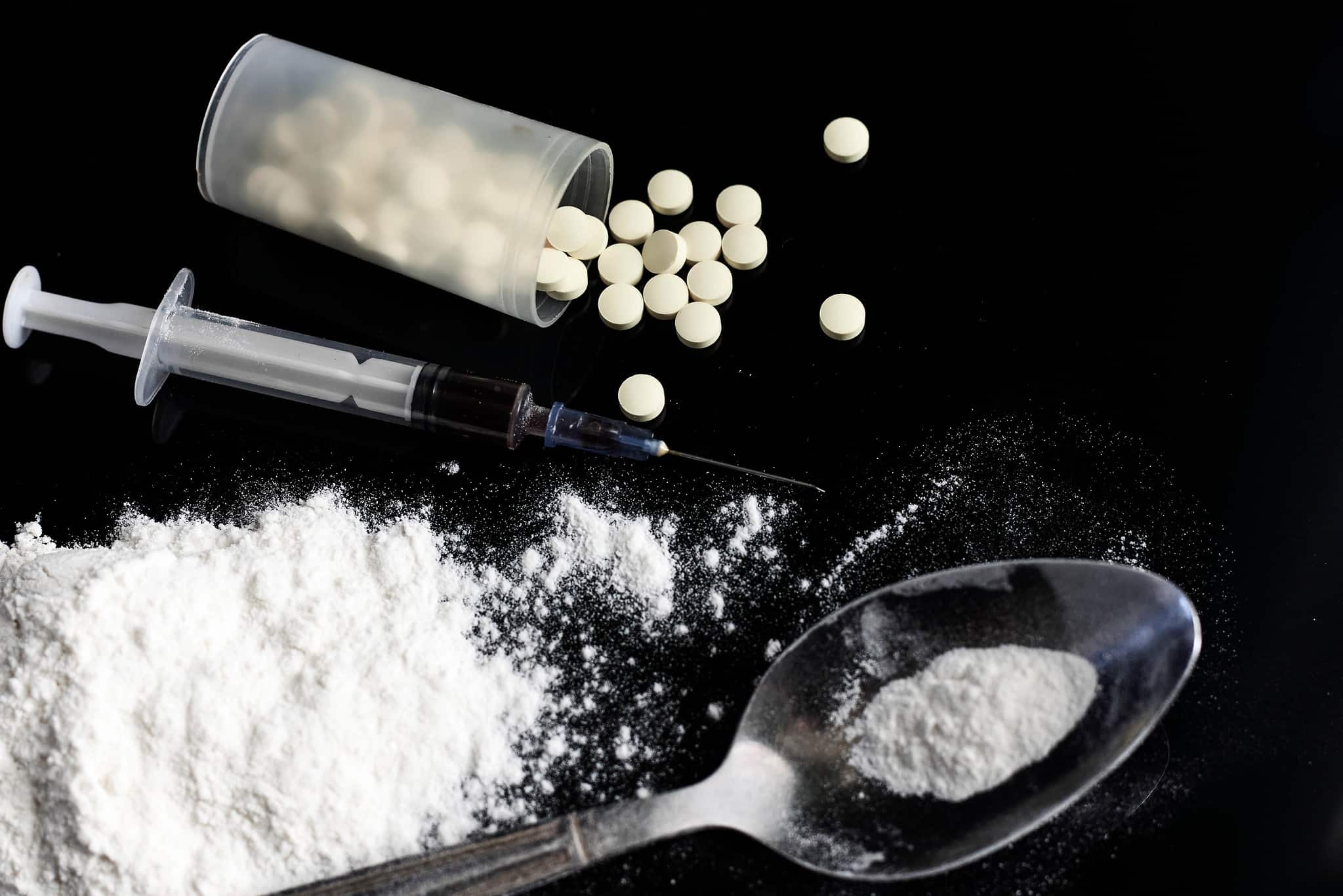A vaccine against fentanyl and heroin overdose is close to clinical trials

Researchers at the University of Montana are on the brink of human trials for vaccines aimed at curbing fentanyl and heroin drug overdoses. These vaccines could potentially save countless lives from accidental overdoses and provide a glimmer of hope for those struggling with drug addiction.
"We anticipate testing our vaccines in humans in early 2024. The first vaccine will target heroin, followed shortly thereafter with a fentanyl vaccine in Phase I clinical trials. Once we establish safety and early efficacy in these first clinical trials, we hope to advance a combined multivalent vaccine targeting both heroin and fentanyl," said Dr. Jay Evans, who heads the University of Minnesota Center for Translational Medicine.
Fighting the opioid epidemic
According to the National Institutes of Health, over 106,000 drug overdose deaths were reported in the United States in 2021, with approximately 71,000 attributed to synthetic opioids such as fentanyl.
In the early 2000s, prescription painkillers used to be the leading cause of overdose deaths. But in the past ten years, heroin — which now kills at least four times more people than in 2000 — and then fentanyl, surpassed prescription opioid drugs as the main cause of overdose death.
Fentanyl is a synthetic opioid about 100 times stronger than morphine and 50 times stronger than heroin. Because it's so strong yet cheap to make, fentanyl has flooded the drug black market. Many heroin users have switched to fentanyl and some drug dealers cut heroin with it to improve their bottom line, risking their customers' lives.
Accidentally overdoing fentanyl is incredibly easy. Users who try it and have little to no opioid tolerance can die from ingesting just a dash of fentanyl. In 2018, the opioid crisis cost $700 billion (with a "B"), a staggering 3.4% of the United States' GDP. Since 2015 when fentanyl really started to take off, the dreadful drug has caused trillions of dollars of damage.

The two highly awaited vaccines are the brainchild of Dr. Marco Pravetoni, a professor of psychiatry and behavioral sciences at the University of Washington who has worked on vaccines against opioids for more than a decade. Pravtoni and his team specialize in designing haptens — very small molecules that elicit an immune response by binding to proteins and pharmaceutical drugs in the body — and drug conjugate vaccines.
A drug conjugate vaccine is an innovative medical approach that combines the principles of vaccines and drug conjugates. It involves attaching specific antigens from a pathogen to a carrier molecule, which is then administered to stimulate the immune system. This unique combination enables the immune system to recognize and combat the pathogen while also delivering therapeutic drugs directly to the infection site, promising more effective and targeted treatment strategies against a range of diseases.
“Our vaccines are designed to neutralize the target opioid, while sparing critical medications such as methadone, buprenorphine, naltrexone and naloxone, which are used in treatment of opioid addiction and reversal of overdose,” said Pravetoni in a press release.
The vaccine developed at the University of Washington was combined with an adjuvant called INI-4001 developed by the University of Minnesota. Adjuvants are added to vaccine cocktails to enhance their effectiveness by stimulating a stronger and longer-lasting immune response.
The two anti-opioid vaccine candidates were tested on animal models (mice, rats, and pigs). The fentanyl vaccine was shown to be effective, whereas the results for the heroin vaccine are pending.
Nevertheless, the scientists hope to start clinical trials soon with both vaccine candidates. They expect to be granted FDA approval to commence these trials by the end of the year. The early trials are meant to gauge both vaccine safety and efficacy. Once this first step is cleared, the vaccines will be allowed to be tested on a broader number of volunteers, typically in the 1,000-participant range. There will be a long monitoring period to see how long the antibodies against the opioids will last.
Heroin and fentanyl are both extremely addictive drugs, with relapse rates hovering at the 90% range. The idea of these vaccines is not only to protect users from overdosing but also to help them quit these drugs for good.









